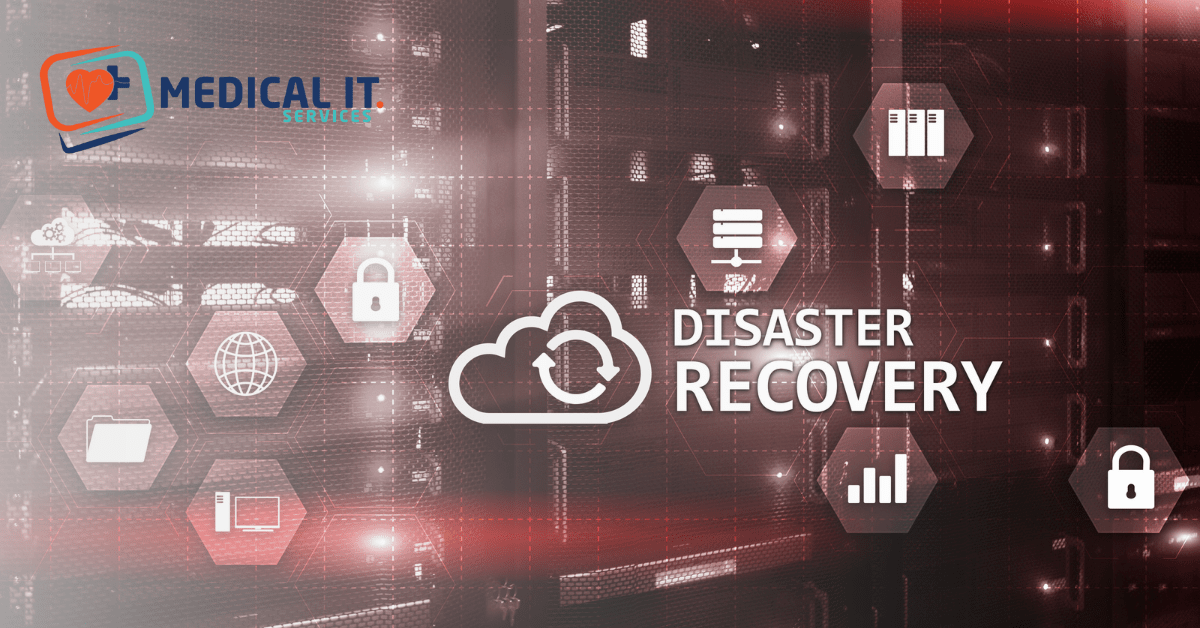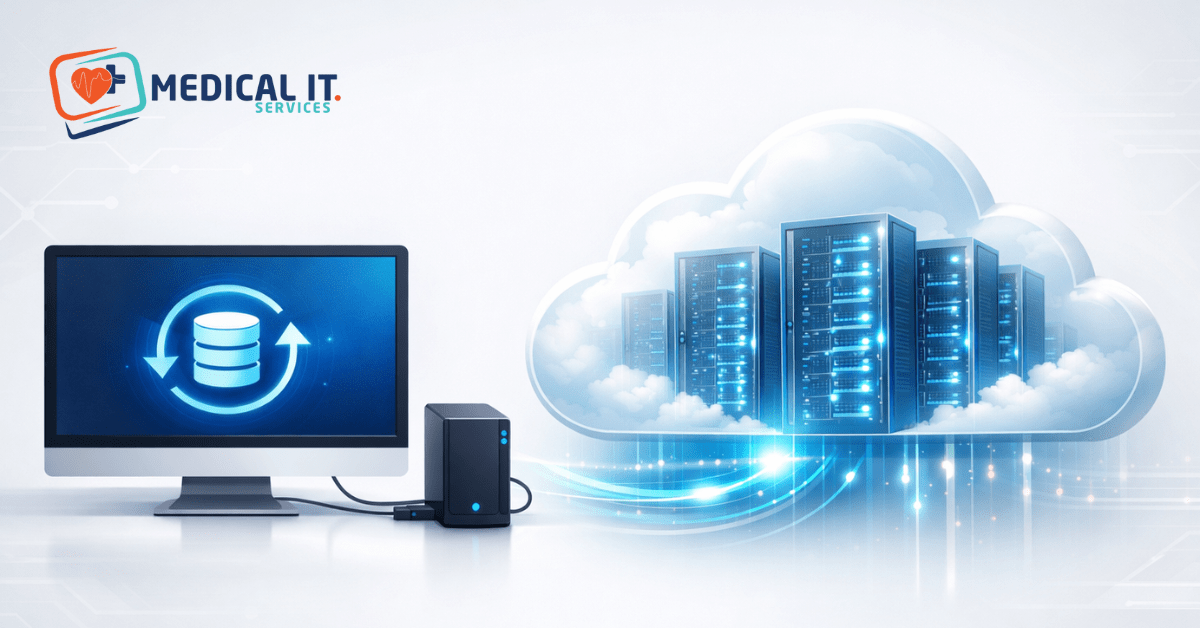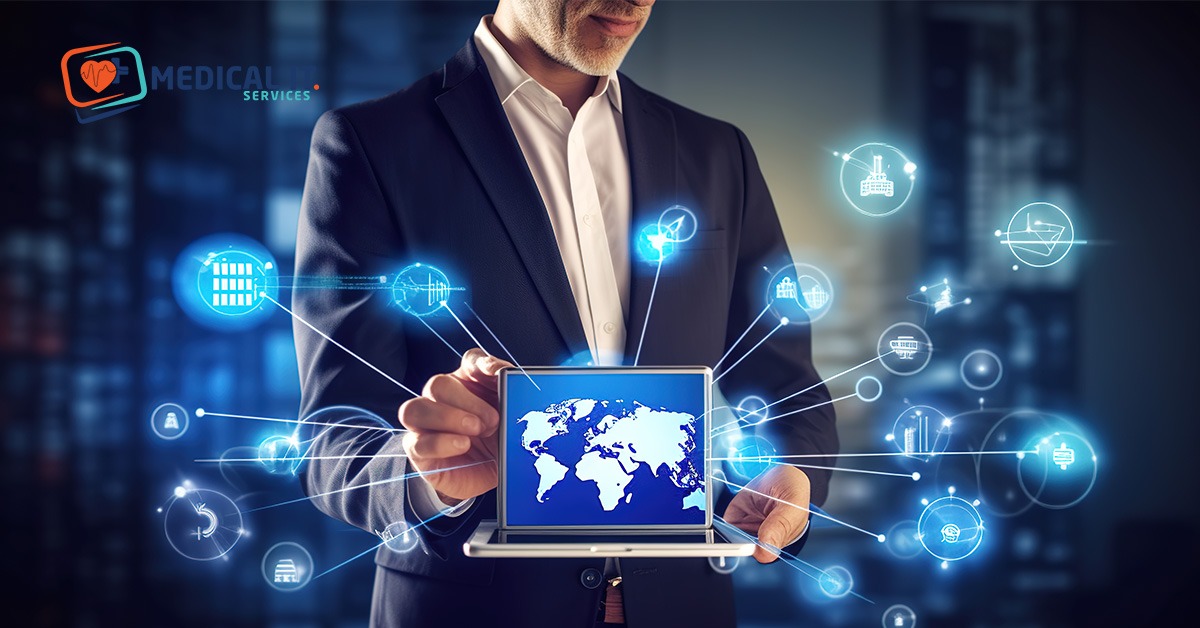In today’s era, the world has become increasingly digital. Almost every organization, whether small or…
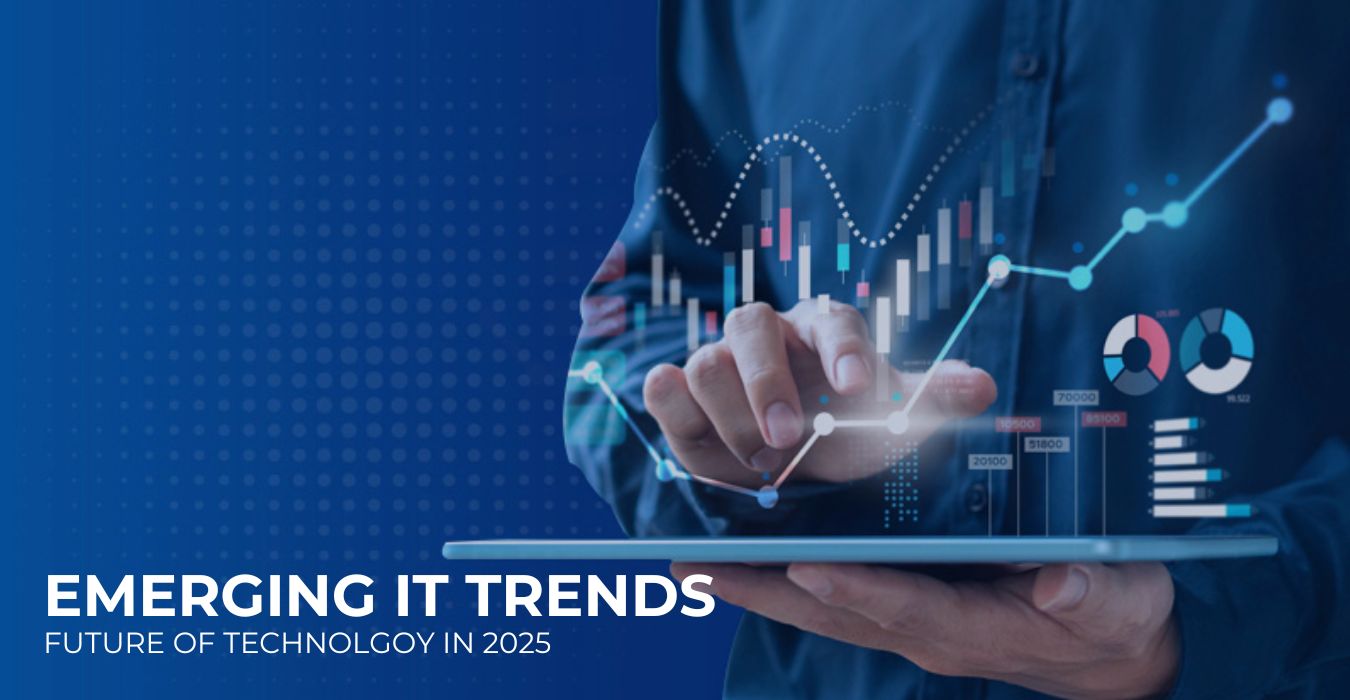
Emerging IT Trends: The Future of Technology
In today’s fast-paced environment, the Information Technology (IT) sector stands out as one of the most fluid industries, continually adapting to embrace new innovations and fulfil the needs of contemporary businesses and consumers. As we progress deeper into the digital era, it is essential for companies, IT professionals, and technology enthusiasts to remain proactive by recognising the trends that will shape the future. Below, we will examine some of the most thrilling and transformative IT trends poised to redefine the technology landscape.
1. Artificial Intelligence (AI) and Machine Learning (ML)
Artificial Intelligence (AI) and Machine Learning (ML) have already had a considerable influence across various industries, and their significance is expected to increase in the ears ahead.
Key Benefits:
Automation: AI is facilitating automation across multiple sectors, such as manufacturing, customer service (through chatbots), healthcare (for diagnosis), and even financial services (for assessing risks and detecting fraud).
Natural Language Processing (NLP): Progress in NLP is leading to more seamless interactions between humans and computers. This encompasses advancements in virtual assistants, chatbots, and translation applications.
Predictive Analytics: Companies are leveraging AI to anticipate consumer behaviour, enhance supply chains, and even predict market developments. This offers a competitive advantage in making informed decisions.
Future Implications: AI and ML are expected to play a crucial role in the advancement of self-driving vehicles, sophisticated robotics, and increasingly customised experiences in technology-driven fields such as e-commerce, entertainment, and healthcare.
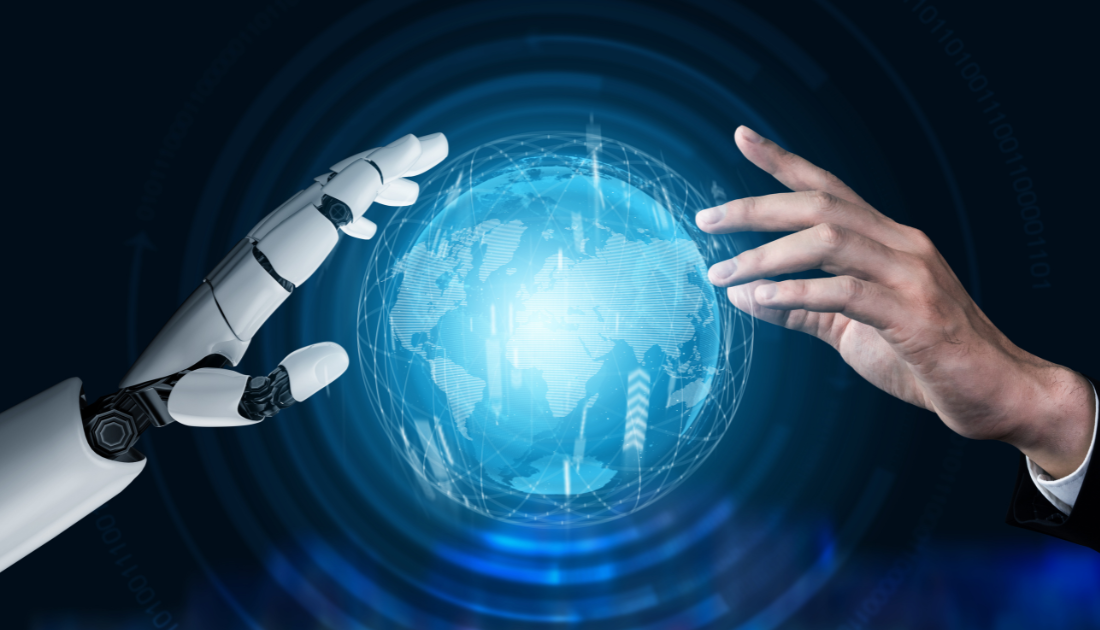
2. Cloud Computing and Hybrid Cloud
Over the last decade, cloud computing has significantly transformed industries, offering organisations the ability to scale their operations and securely store data without the need to maintain physical hardware. The trend is now shifting toward hybrid cloud environments.
Key Benefits:
Scalability and Flexibility: Platforms such as Amazon Web Services (AWS), Microsoft Azure, and Google Cloud let businesses scale computing resources easily to meet demand.
Cost Efficiency: Businesses can cut expenses by utilising cloud storage and computing resources instead of sinking capital into costly physical infrastructure.
Hybrid Cloud: This model merges public and private clouds, granting businesses enhanced control over sensitive information while still enjoying the scalability that cloud solutions offer.
Future Implications: The hybrid cloud framework is set to become the preferred architecture for companies as it allows a balance between flexibility and the need for security. Additionally, multi-cloud setups are likely to become standard as organisations aim to minimise vendor dependency and enhance redundancy.

3. 5G and Advanced Connectivity
The introduction of 5G technology marks a significant milestone for information technology, providing much quicker data speeds, lower latency, and more dependable connections compared to 4G. This progress in connectivity will serve as a foundation for numerous innovations across various sectors.
Key Benefits:
Faster Speeds: 5G offers download speeds that can be up to 100 times faster than those of 4G, facilitating quicker access to cloud-based applications and services.
Low Latency: The decrease in latency will improve real-time communication, which is essential for applications such as remote surgery, self-driving cars, and live-streaming.
Internet of Things (IoT): The ability of 5G to support a greater number of connected devices will further boost the expansion of IoT, leading to smarter cities, homes, and industries.
Future Implications: The rollout of 5G technology will significantly influence the evolution of innovations such as autonomous vehicles, AR/VR applications, smart urban development, and automated industrial processes. Both businesses and consumers will enjoy enhanced services and more fluid experiences in nearly every area of life.
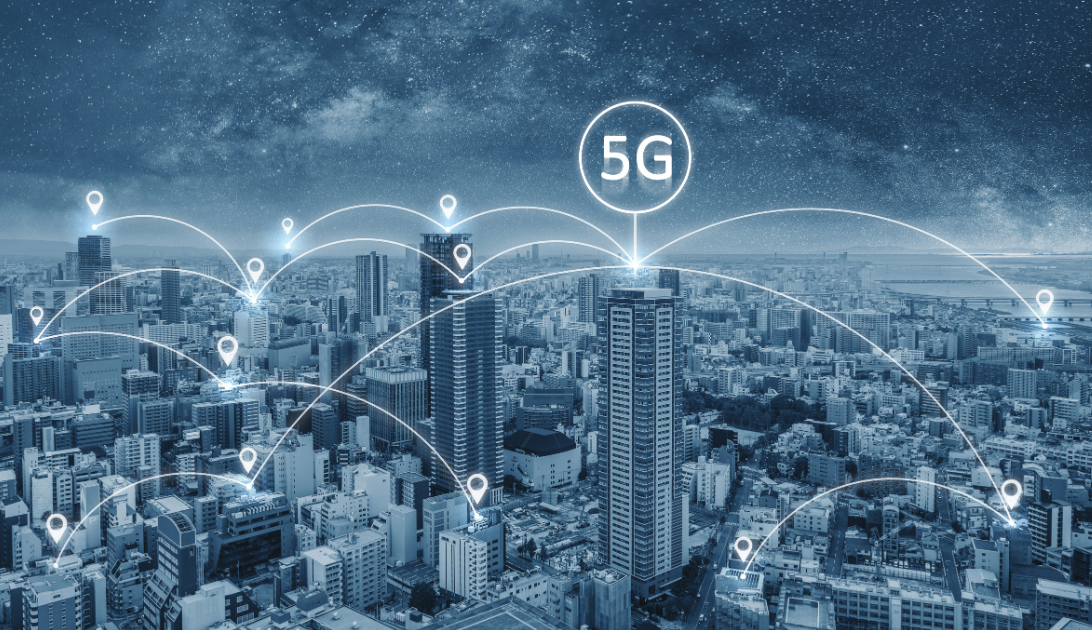
4. Edge Computing
Today, many devices are connected to the internet. They create a huge amount of data. Managing all this data is difficult if it only goes to central data centres.
Edge computing solves this problem. It processes data close to where it is created. This reduces delay and saves internet bandwidth. It is very useful for real-time tasks, such as self-driving cars and smart industrial machines.
Key Benefits:
Reduced Latency: Processing data closer to its origin ensures quicker response times, which is crucial for time-sensitive applications.
Bandwidth Efficiency: Edge computing lessens the necessity for large volumes of data to travel to the cloud, resulting in bandwidth savings and lower costs.
Improved Security: By handling data locally, the risk of interception during transmission is diminished.
Future Implications: Edge computing will be critical in advancing IoT devices and the establishment of smart cities, healthcare systems, and real-time industrial oversight. It will also alleviate pressure on cloud infrastructure by distributing processing tasks.
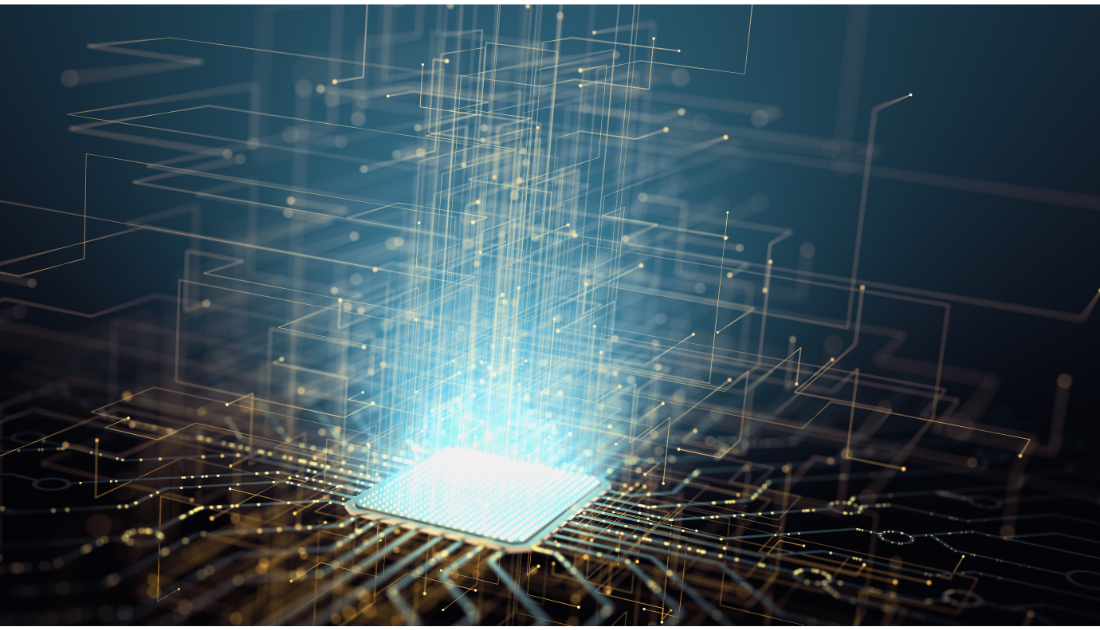
5. Blockchain Technology
Blockchain was first made for cryptocurrency like Bitcoin. It records transactions in a digital ledger. The data is stored in blocks that link together like a chain.
This system is secure and very hard to change. It is also transparent, so everyone can see the records. Because of these features, blockchain is now used in many fields such as banking, supply chains, and healthcare.
Key Areas of Impact:
Supply Chain Management: Blockchain provides a tamper-proof ledger that simplifies the tracking of goods from production to delivery, enhancing transparency and mitigating fraud.
Smart Contracts: The functionality of smart contracts on blockchain enables automated and secure transactions that do not rely on intermediaries, transforming industries like real estate, finance, and law.
Decentralised Finance (DeFi): Blockchain enables the creation of decentralised financial systems that eliminate the need for banks and allow direct peer-to-peer transactions.
Future Implications: Blockchain technology is anticipated to transform various sectors, such as finance, healthcare (for managing secure patient information), government (for electoral systems), and even entertainment (via digital rights management).

6. Cybersecurity Innovations
With the growing dependence on digital platforms and data, cybersecurity has emerged as a crucial focus in IT. As cyber threats become more sophisticated, defence strategies must evolve accordingly.
Key Areas of Impact:
Emerging Cybersecurity Technologies: Artificial intelligence and machine learning now play a big role in security. They quickly detect irregularities and identify possible threats faster than traditional methods.
Zero Trust Architecture (ZTA): In a zero-trust model, the system treats every user and device as a risk. It requires constant verification before allowing access to sensitive data.
Quantum Cryptography: Advances in quantum computing put traditional encryption at risk. To solve this, experts are developing quantum cryptography to secure future communications.
Future Implications: The demand for advanced cybersecurity will keep growing as more devices connect to networks. Organisations will also build stronger infrastructures to defend against complex cyberattacks.

7. Quantum Computing
Quantum computing is a new type of computing. It is still developing but has great potential. Normal computers use bits, which are either 0 or 1. Quantum computers use qubits.
Qubits are special. They can be 0, 1, or both at the same time. This allows quantum computers to do many calculations at once. As a result, they can solve some problems much faster than normal computers.
This technology could help in medicine, cybersecurity, climate studies, and artificial intelligence. Quantum computers are not ready for daily use yet, but they may change the future of technology.
Key Areas of Impact:
Potential Applications: Drug Development: Quantum computers could simulate molecular interactions, enabling faster discovery of new pharmaceuticals.
Cryptography: Quantum computing may undermine existing encryption methods, necessitating the creation of quantum-resistant cryptography.
Optimisation Challenges: Quantum computers are capable of resolving complex optimisation challenges more rapidly than traditional computers, benefiting sectors such as logistics, finance, and manufacturing.
Future Implications: Quantum computing could fundamentally change areas like healthcare, materials science, and cryptography; however, it may take years before practical applications materialise. As this technology advances, it could pave the way for new possibilities in computing power and problem-solving capabilities.


